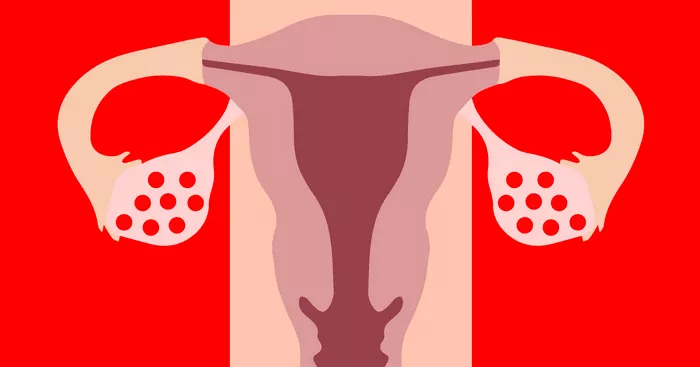Infertility is a complex medical issue that affects millions of families worldwide. For women, understanding the risk factors leading to infertility is crucial. This article will elaborate on the main risk factors for female infertility, including physiological factors, lifestyle, environmental factors, and other related factors, and discuss how to prevent and reduce these risks.
Physiological Factors
Age: Female fertility is closely associated with age. As women age, ovarian reserve gradually declines, leading to a reduction in the quantity and quality of eggs, thereby increasing the risk of infertility. Particularly, women over 35 years old experience a noticeable decrease in fertility.
Reproductive System Abnormalities: Structural and functional abnormalities of the reproductive system are major causes of female infertility. Conditions such as endometriosis, polycystic ovary syndrome (PCOS), uterine fibroids, among others, may affect a woman’s fertility. These conditions can result in ovulation disorders, blocked fallopian tubes, or an unsuitable uterine environment for embryo implantation.
Hormonal Imbalance: Hormonal balance is crucial for female fertility. Disorders such as thyroid dysfunction, hyperprolactinemia, and other endocrine diseases may cause ovulation disorders, thus affecting fertility. Additionally, metabolic diseases like insulin resistance may also be associated with infertility.
Genetic Factors: Certain genetic diseases or mutations may affect female fertility. Chromosomal abnormalities and certain hereditary metabolic diseases can lead to infertility. Moreover, women with a family history of infertility may have a higher risk.
Lifestyle Factors
Diet: Diet has a certain influence on female fertility. Malnutrition or excessive dieting may result in a lack of essential nutrients, affecting ovarian function and hormonal balance. Moreover, diets high in fat and sugar may also increase the risk of infertility. Therefore, maintaining a balanced diet and adequate nutrient intake is crucial for female fertility.
Exercise: Moderate exercise helps maintain overall health and hormonal balance, benefiting fertility. However, excessive or intense exercise may lead to irregular menstruation, ovulation disorders, among other issues, thus increasing the risk of infertility. Therefore, women should engage in moderate exercise and avoid the negative effects of excessive exercise on fertility.
Smoking and Alcohol Consumption: Smoking and alcohol consumption are significant risk factors for female infertility. Nicotine and alcohol can damage the female reproductive system, affecting ovarian function, fallopian tube patency, and uterine environment. Furthermore, smoking and alcohol consumption may increase the risk of fetal abnormalities and premature birth. Therefore, to maintain fertility and fetal health, women should quit smoking and limit alcohol consumption.
Environmental Factors
Exposure to Chemicals: Certain chemicals such as heavy metals, pesticides, and plasticizers may harm the female reproductive system, affecting fertility. Prolonged exposure to these chemicals may lead to decreased ovarian function, ovulation disorders, among other issues. Therefore, women should try to avoid contact with these harmful chemicals.
Radiation Exposure: Prolonged exposure to high doses of radiation can damage the female reproductive system, affecting fertility. For example, medical radiation and industrial radiation may affect ovarian function and the reproductive system in women. Therefore, women should try to avoid unnecessary radiation exposure.
High Temperature Environment: High temperature environments may adversely affect female fertility. Prolonged exposure to high temperatures may lead to decreased ovarian function, ovulation disorders, among other issues. Therefore, women should try to avoid prolonged exposure to high temperature environments.
Other Related Factors
Psychological Stress: Long-term psychological stress may affect the female endocrine system, leading to ovulation disorders and other issues. Additionally, psychological stress may also affect female libido and the quality of sexual intercourse, thus affecting fertility. Therefore, women should learn to manage their psychological stress and maintain a good mental state.
Chronic Diseases: Chronic diseases such as hypertension, diabetes, etc., may affect female fertility. These diseases may cause hormonal imbalances, vascular dysfunction, among other issues, affecting fertility. Therefore, women with chronic diseases should actively seek treatment and control their condition to maintain fertility.
Conclusion
The risk factors for female infertility are diverse, including physiological factors, lifestyle, environmental factors, and other related factors. To reduce the risk of infertility, women should maintain good habits and a healthy lifestyle, and avoid prolonged exposure to harmful environments.

























